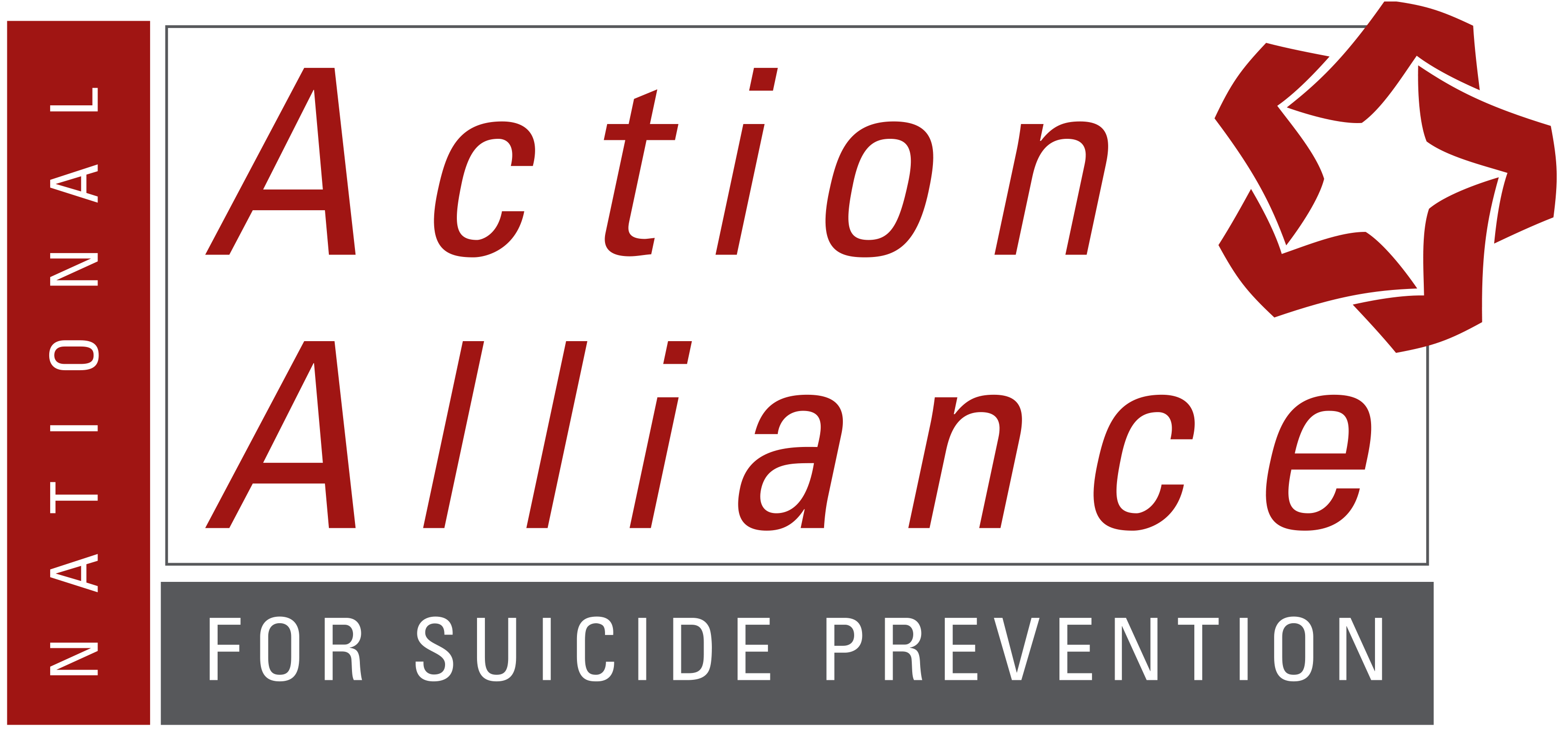
Susan Weinstein, Families for Depression Awareness
Hurricane. Flood. Drought. Tornado.
Search for any of these weather conditions on the Substance Abuse and Mental Health Services Administration (SAMHSA) website and you’ll see that these natural disasters have mental health ramifications.













Connect With Us